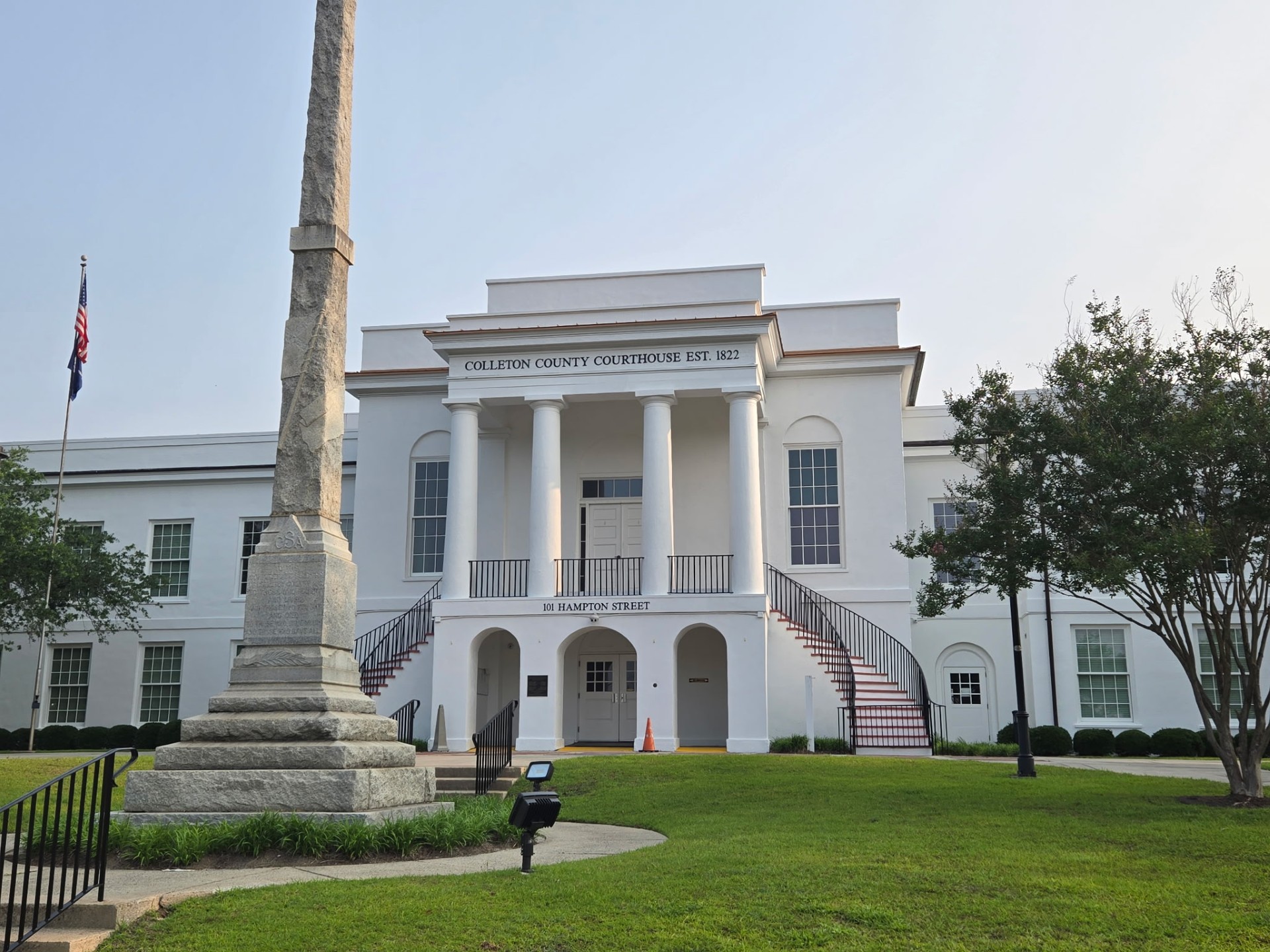Mergers can offer significant opportunities for business and nonprofit organizations in South Carolina, providing a pathway to consolidate resources, expand operations, or adapt to market conditions. However, South Carolina law establishes specific procedures and requirements for mergers, depending on the type of entities involved. This article provides an overview of the merger process and special considerations for entities operating in the Palmetto State.
Types of Entities Eligible for Merger
Under South Carolina law, a business corporation may merge with or into various types of entities, including:
- Another business corporation, whether domestic or foreign.
- A nonprofit corporation, provided the board of directors of each corporation adopts, and the shareholders or members approve, the plan of merger.
- A limited liability company (LLC), whether domestic or foreign.
- A partnership, whether domestic or foreign.
- A limited partnership, whether domestic or foreign.
Each merger must follow the requirements set forth in the South Carolina Code, ensuring compliance with legal standards and protecting the interests of shareholders, members, and stakeholders.
The Plan of Merger
The foundation of any merger is the Plan of Merger, which must detail the following:
- The name of each entity involved and the name of the surviving entity.
- The terms and conditions of the merger.
- The manner and basis of converting shares of a business corporation into other shares, obligations, securities, membership interests, cash, or property.
When applicable, the Plan of Merger must also address:
- Amendments to the governing documents of the surviving entity, such as articles of incorporation or partnership agreements.
- Any other provisions relevant to the merger.
These details provide clarity and structure to the merger process, ensuring all parties understand their roles and outcomes.
Special Rules for Parent-Subsidiary Mergers
For parent corporations owning at least 90% of the outstanding shares of a subsidiary, South Carolina law allows a streamlined process without requiring shareholder approval. The parent corporation’s board of directors must adopt a Plan of Merger that includes:
- The names of the parent and subsidiary corporations.
- The manner and basis of converting the subsidiary’s shares into securities, obligations, or other forms of consideration.
The parent corporation must mail a copy or summary of the Plan of Merger to each subsidiary shareholder who has not waived this requirement. For non-public corporations, the parent may not file Articles of Merger with the Secretary of State until at least 30 days after the mailing.
Filing Articles of Merger
Once the Plan of Merger is approved, the surviving or acquiring entity must file Articles of Merger with the South Carolina Secretary of State. These articles must include:
- The approved Plan of Merger.
- A statement that shareholder approval was not required, if applicable.
- For mergers requiring shareholder approval, detailed voting records, including the number of votes cast for and against the plan and confirmation that the plan received sufficient approval.
The merger becomes effective upon the filing date or a later effective date specified in the Articles of Merger.
Effects of a Merger
When a merger takes effect:
- All entities except the surviving entity cease to exist.
- The surviving entity assumes ownership of all real estate and property without reversion or impairment.
- All liabilities of the merged entities transfer to the surviving entity.
- Ongoing legal proceedings involving a merged entity may continue as if the merger had not occurred, or the surviving entity may be substituted.
- The governing documents of the surviving entity are amended as provided in the Plan of Merger.
- Shareholders or members receive the rights specified in the Plan of Merger.
Special Considerations for Nonprofits
Nonprofit mergers in South Carolina require additional steps to protect public interests. Public benefit and religious corporations may only merge with:
- Other public benefit or religious corporations.
- Foreign corporations that qualify as public benefit or religious corporations.
- Business or mutual benefit corporations, provided the nonprofit is the surviving entity and remains a public benefit or religious corporation.
In certain cases, the approval of the Richland County Court of Common Pleas and notice to the Attorney General are required. Additionally, assets of public benefit or religious corporations must be transferred in compliance with their charitable purpose, and detailed notice must be provided to the Attorney General at least 20 days before the merger’s consummation.
Real Property Considerations
If a nonprofit corporation involved in a merger owns real property in South Carolina and changes its name due to the merger, it must file a notice with the register of deeds in the county where the property is located. The filing can include:
- An affidavit with the old and new names of the corporation.
- A certified copy of the amended articles or articles of merger.
- A deed of conveyance reflecting the name change.
This ensures record notice under South Carolina law and avoids potential title issues.
Why Work with Twisdale Law, PC?
Mergers involve complex legal and procedural requirements that demand careful planning and execution. Twisdale Law, PC offers expert legal guidance to businesses and nonprofits navigating mergers in South Carolina. Whether you’re a corporation planning to merge with another entity or a nonprofit seeking to preserve its mission during a merger, Twisdale Law, PC provides tailored legal solutions to meet your needs.
Contact Twisdale Law, PC today to ensure your merger is executed smoothly and in full compliance with South Carolina law.








